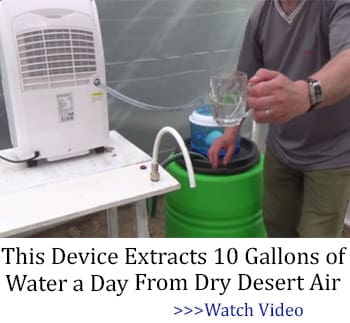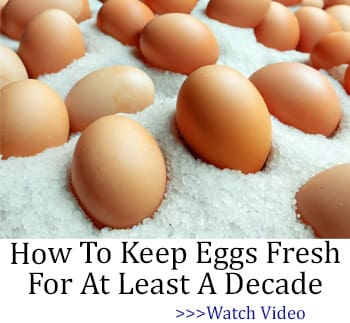Vinegar is a versatile ingredient used for cooking, cleaning, and natural remedies, but can vinegar go bad? Whether you’re using vinegar as a salad dressing, to spruce up your home, or to treat an infirmity, it’s important to know whether the vinegar you’re using has expired. In this article, you’ll learn all about vinegar’s shelf life and the factors that affect its longevity.
Vinegars Shelf Life
If you have a bottle of vinegar in your pantry, you’ll find that it has an expiration date on it. However, this expiration date is different from what you’ll find on most food products. The expiration date on vinegar is about quality because technically, vinegar doesn’t go bad. Vinegar is highly acidic with a pH of 2-3, and over time, its acidity level deteriorates and this decreases the strength of the vinegar. Therefore, you can consume and use vinegar past the expiration date.
It’s also important to mention that there’s no one-size-fits-all when it comes to vinegar because each type has its own freshness and peak quality time frame. Here are some examples: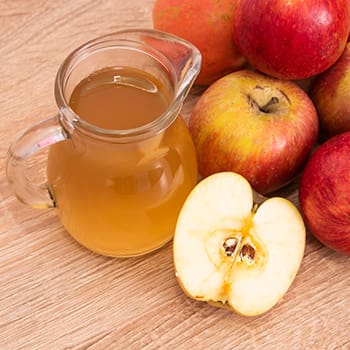
- Apple Cider Vinegar: Apple cider vinegar is made from fermented apples. Although apple cider vinegar never goes bad, it does change as it ages. You will notice that it produces more sediment (harmless vinegar bacteria), and becomes cloudier over time especially if it’s unfiltered. You will also notice that it tastes more acidic. Nevertheless, you can expect apple cider vinegar to remain in good condition for 2-5 years.
Related: Vegetables You Didn’t Know You Could Turn Into Remedies
- White Wine Vinegar: White wine vinegar is made by fermenting white wine, straining, and then bottling it. If it’s stored well, white wine vinegar will last for approximately 2 years.
- Red Wine Vinegar: Red wine vinegar is made in the same way as white wine vinegar. Red wine is fermented, strained, and bottled. As it ages, red wine vinegar might become darker in color, and cloudy, and in some cases, solids might form at the bottom. You may also notice a change in the vinegar’s smell and taste.
- Champagne Vinegar: Champagne vinegar is made by fermenting champagne and then aging the vinegar in barrels for up to two years. If stored in a cool dark place, champagne vinegar can last indefinitely. Additionally, unlike other vinegar, it can also last several years without losing its flavor. However, it will darken with age, but it’s still good to use.
- Sherry Vinegar: Sherry vinegar is made by fermenting sherry wine, straining, and bottling it. Sherry vinegar does not expire, but as it goes through the oxidation process, it will become darker in color, it might smell slightly different, and it will have a more acidic taste.
Factors That Affect The Quality Of Vinegar
Now that you know the answer to the question Can Vinegar Go bad, there are several factors that affect the quality of vinegar. Here are some of them: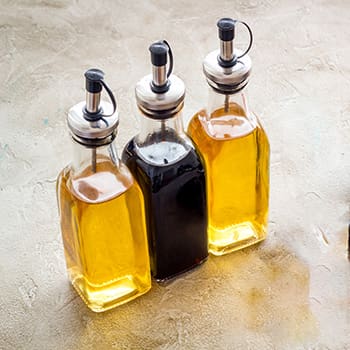
- Proper Storage: Proper storage practices play an important role in maintaining vinegar’s freshness. Make sure that the container is tightly sealed to prevent air exposure, and then store it in a cool dry place.
- Type: As mentioned, although a vinegar bottle will have an expiration date on it, it doesn’t expire. However, the length of time it remains fresh depends on the type of vinegar.
- Contamination: If you don’t plan on storing vinegar in its original bottle, make sure it’s stored in an airtight container to prevent contamination from things such as bacteria or dirt. Such contaminants can change the flavor of vinegar and depending on the strength of the contaminant, spoil it. Additionally, make sure the container is thoroughly cleaned and dried before adding the vinegar.
- Light: Ultraviolet (UV) light can negatively affect the freshness and quality of vinegar. Exposure to artificial light and even natural light can cause chemical reactions that change the color and flavor of the vinegar. Therefore, it’s best to keep vinegar in dark bottles and in a pantry with no windows to protect it from light exposure.
- Temperature: High temperatures can speed up the degeneration process and affect its freshness. You can avoid this by storing vinegar in a cool dry place away from heat sources and direct sunlight.
- Air Exposure: Air exposure can cause oxidation which affects the quality and flavor of vinegar. When vinegar is exposed to air for long periods, it will start losing its freshness.
The Health Benefits Of Vinegar
Vinegar is also known for its many health benefits. Here are some of them:
- Blood Glucose: Blood glucose is also known as blood sugar; it is the main sugar found in blood and the body’s main source of energy. Blood glucose comes from food, and eating unhealthy foods increases blood sugar levels which can cause diabetes if it remains too high. Research suggests that consuming apple cider vinegar can help reduce lower blood glucose levels.
- Weight Management: Studies have found that apple cider vinegar makes you feel more full after eating which is useful for weight control. It has also been found to reduce serum, triglyceride levels, body fat mass, and body weight in obese people.
- Heart Health: When blood pressure gets too high, it can cause a heart attack or a stroke. Vinegar contains acetic acid which reduces renin and blood pressure in people suffering from hypertension (high blood pressure).
How To Use Vinegar In Your Garden
Firstly, vinegar can be used as a natural weed killer. Simply spray undiluted vinegar directly onto the unwanted weeds, focusing on the leaves and stems. This non-toxic alternative effectively eliminates them without harming surrounding plants.
Secondly, vinegar can serve as a soil acidifier for acid-loving plants like azaleas, rhododendrons, and blueberries. Dilute vinegar with water in a 1:4 ratio and apply around the base of the plants to lower the soil’s pH level. This helps create a favorable growing environment for these acid-loving species. Remember to always conduct a soil test before applying vinegar to ensure the proper pH balance for your plants.
How To Use Vinegar As A Cleaning Product
Vinegar is an effective home cleaning product. Once the solution is made, it can be used to clean things like the microwave, stovetop, countertops, hard water stains, drains, the bathroom, and more. Here’s how to make homemade cleaning products with vinegar. In a large spray bottle, combine the following ingredients:
- 1 cup of distilled white vinegar
- 1 cup of filtered water
- 10 drops of lemon essential oil
- ½ a cup of baking soda
Shake the mixture and leave it to set for 24 hours. Once ready, spray the area you want to clean, and leave the solution to sit for five minutes (longer for difficult stains). Wipe down the surface as normal.
Final Thoughts
Ultimately, whether you decide to keep using vinegar after it’s expired is up to you. As mentioned, vinegar doesn’t expire; however, if you’re concerned about potency and taste, using it after the expiration date might not be a good idea.
You may also like:
Can You Plant a Grocery Store Cucumber?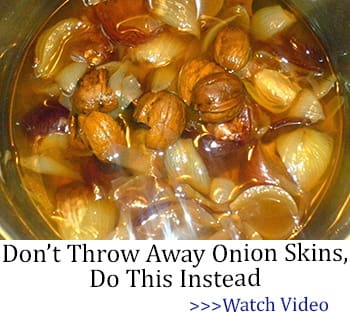
What Happens When You Pour Sugar Into An Onion (Video)
If You See This Jumping Worm In Your Garden, Kill It Immediately!






